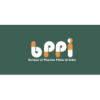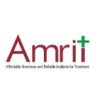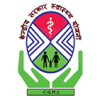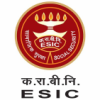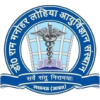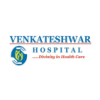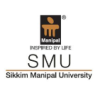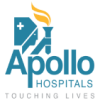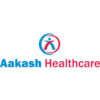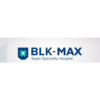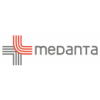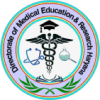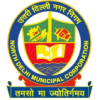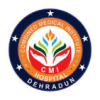Supply chain management in medicine procurement is a critical aspect of the healthcare sector that ensures the timely and efficient delivery of medical supplies, pharmaceuticals, and equipment to healthcare facilities. Here's a brief overview:
- Strategic Sourcing:Effective supply chain management begins with strategic sourcing. This involves identifying reliable suppliers, negotiating favorable terms, and ensuring the procurement of quality medical products at competitive prices.
- Inventory Management:Maintaining optimal inventory levels is essential to prevent stockouts or overstock situations. Advanced inventory management systems help monitor stock levels, track product expiration dates, and minimize wastage.
- Distribution:An efficient distribution network is crucial to ensure that medical supplies reach their destinations on time. This often involves multiple distribution points to serve healthcare facilities across different locations.
- Transportation:A reliable transportation system is necessary for the safe and timely delivery of medical supplies. Temperature-sensitive medications and specialized equipment may require special transportation considerations.
- Quality Control:Quality assurance is paramount in medicine procurement. This includes verifying that products meet regulatory standards and ensuring the authenticity of pharmaceuticals to prevent counterfeit drugs from entering the supply chain.
- Information Technology:Modern supply chain management in medicine relies heavily on information technology. Systems like Electronic Health Records (EHRs), barcoding, and tracking software enhance visibility, efficiency, and traceability of products throughout the supply chain.
- Regulatory Compliance:Complying with healthcare regulations and standards, such as Good Distribution Practices (GDP) and Good Manufacturing Practices (GMP), is crucial to ensure product safety and quality.
- Sustainability:Sustainable supply chain practices aim to reduce the environmental impact of medicine procurement. This includes responsible sourcing, reducing waste, and promoting eco-friendly transportation.
- Risk Management:Identifying and mitigating risks, such as supply disruptions, natural disasters, and global events (e.g., pandemics), is integral to maintaining a resilient supply chain.
- Collaboration:Collaboration among healthcare institutions, suppliers, and logistics partners is vital. Efficient communication and collaboration enhance the responsiveness of the supply chain, making it adaptable to changing healthcare needs.
- Data Analytics:Data analytics and forecasting techniques help predict future demand, optimize procurement decisions, and prevent shortages or excess stock.
In the context of healthcare, effective supply chain management not only ensures a reliable supply of medical products but also plays a critical role in patient safety and healthcare delivery. It aids in cost control, regulatory compliance, and the ability to respond to public health emergencies. Given the evolving nature of healthcare and global supply chains, continuous improvement and adaptability are essential for the effective management of medicine procurement supply chains.

